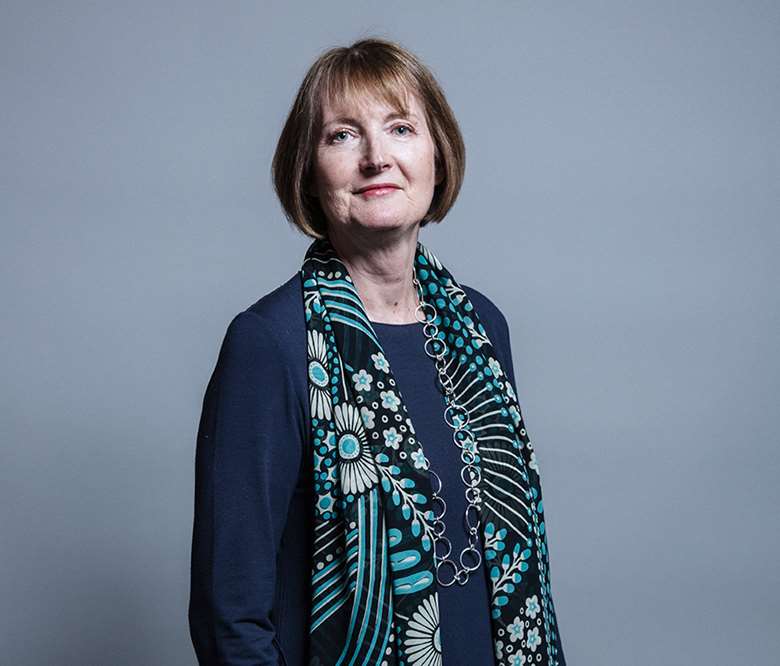Parliamentary committee calls for ban on pain-inducing restraint
Joe Lepper
Wednesday, April 17, 2019
MPs and Lords have called for a ban on the use of pain-inducing techniques and solitary confinement on young people in custody, and those detained on mental health grounds.

The joint House of Commons and House of Lords human rights committee says the practices cause physical distress and psychological harm that can have a lasting impact on young people's lives.
The use of restraint to maintain "discipline and good order" in youth offender institutions (YOIs) should be outlawed, according to the committee's report Youth detention: solitary confinement and restraint, which says the method should only be used in the most exceptional circumstances.
These techniques are also in breach of children's human rights, it claims.
The committee is particularly concerned about distress caused by the "potentially dangerous" use of face-down restraint.
- Analysis: Urgent call for staffing overhaul to make youth custody safer
- Analysis: Voice for the vulnerable: Carolyne Willow, director of Article 39
The report describes the use of separation to keep a child on their own for more than a few hours at a time as "inhuman and degrading", and also a breach of children's human rights.
When this exceeds 22 hours a day, it becomes solitary confinement, as defined by international law, and is unlawful if used on children, it claims.
"The UK is under international and domestic legal obligations to ensure that children are not subject to cruel, inhuman or degrading treatment," said committee chair Harriet Harman MP.
"The government must comply with its legal obligations and ensure that children in detention are not subject to solitary confinement or unnecessary or disproportionate uses of restraint."
The committee also found that data collection of the use of restraint and separation is too often incomplete and not easily accessible, making it harder to compare between different kinds of institutions.
"Data collection must be improved, and we recommend that institutions collect and publish data about all types of restraint and separation," it said.
Among young people who gave evidence to the committee was Julie Newcombe, whose autistic son Jamie was kept in a hospital unit as a child.
"He had his arm broken in a restraint, the right humerus bone. His arm was wrenched up behind his back until the bone snapped," she said.
Harman added: "We realise that staff often face difficult situations. They must be supported to use better alternatives wherever possible.
"Increased staffing, better training and facilities, and a better mix of staffing and skills should increase the range of alternative options so that restraint and separation really are the last resort."
Currently, pain-inducing physical restraint is banned in secure children's homes, but is permitted to be used by staff in young offenders institutions (YOI), secure training centres (STC) and when young people are being escorted to any part of the youth secure estate.
In January, a serious case review criticised the use of this form of physical restraint at Medway STC, which had been the subject of a BBC Panorama investigation into the treatment of young people by staff.
And in March, children's rights charity Article 39 raised concerns around the use of restraint by staff at a children's mental health unit after it emerged that almost 30 complaints had been made by parents and staff over the past six years.
The Ministry of Justice said it had asked Charlie Taylor, chair of the Youth Justice Board, to carry out an independent review of pain-inducing restraint techniques, with a report due in the summer.
The department said: "The safety and welfare of young people in custody is our priority, and we are clear that restraint and segregation should only be used as a last resort where children are putting themselves or others at risk."
"We will carefully consider both reports and respond in due course," it added.




